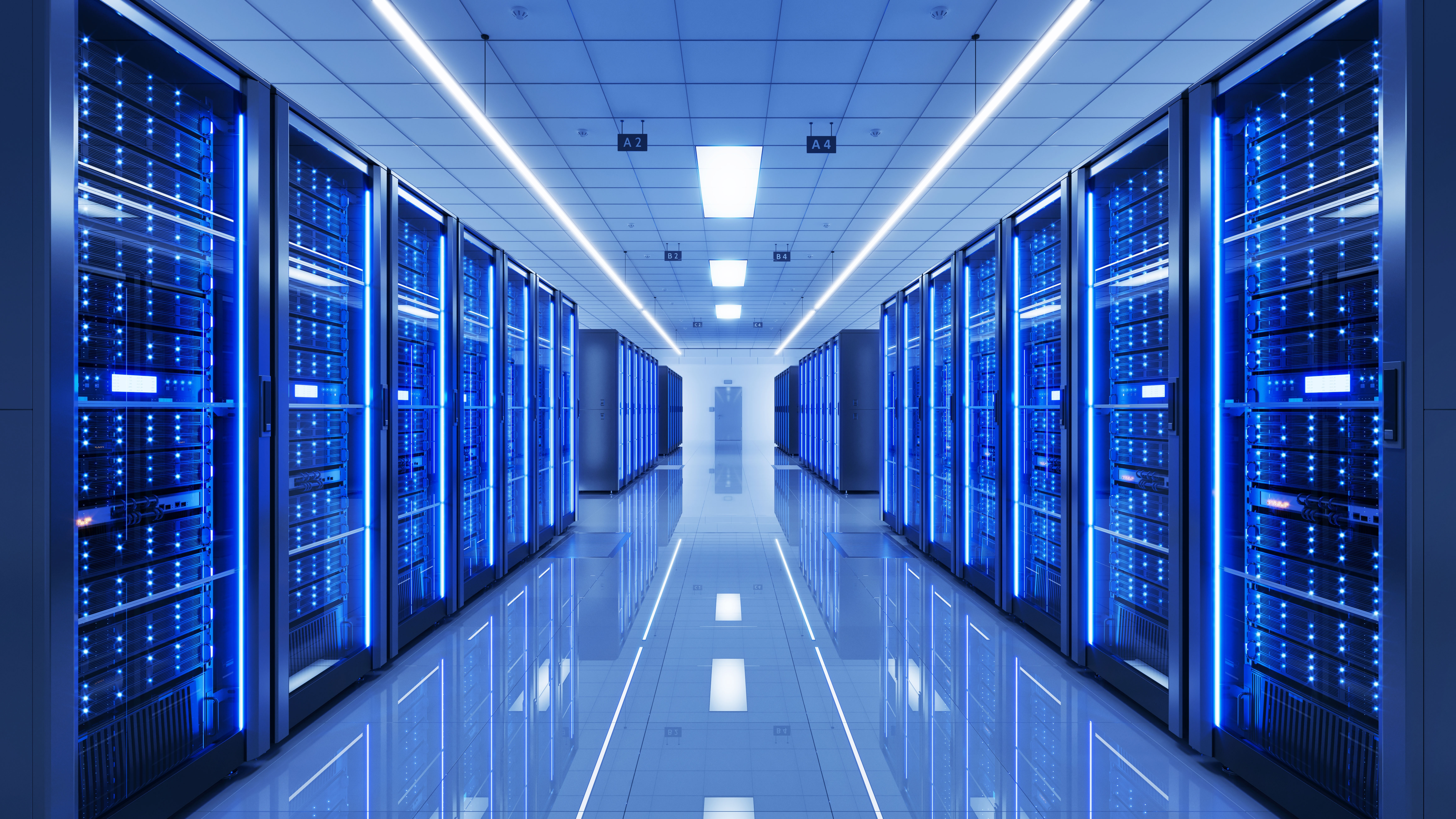
- Three Mile Island nuclear plant looks to be ahead of scheduling, opening in 2027 (not 2028)
- Microsoft has a 20-year Power Purchase Agreement on the site
- Other AI companies are investing in nuclear, too
The Three Mile Island nuclear power plant could restart as soon as 2027 – a year ahead of its original reopening date of 2028 – but with a key difference compared to its former life.
Only Unit 1 will be restarted, because it was not involved in the 1979 meltdown, which affected Unit 2. Although Unit 1 remained open following the incident, it was shut down in 2019 due to economic reasons (not safety concerns).
This time around, it’s set to be operated by Microsoft, following the company’s deal on a 20-year power purchase agreement (PPA), signed in September 2024, in conjunction with Constellation Energy.
Microsoft is reviving the Three Mile Island nuclear plant
Microsoft is specifically interested in this nuclear plant because of its rising energy consumption and surging demands, caused by its power-hungry AI data centers. As a result, Redmond and other hyperscalers including Meta, AWS and Oracle have all invested heavily in nuclear energy to meet demand.
For example, Meta recently signed a similar 20-year deal for Illinois’ Clinton nuclear plant, and AWS invested $650 million in nuclear-powered data centers near the Susquehanna plant in Pennsylvania.
Water systems have now been restored to the site and infrastructure inspections completed, according to Reuters reporting. The site is now awaiting grid connection approval from the regional grid operator, with the Nuclear Regulatory Commission set to inspect the site as soon as next month.
More broadly, Microsoft’s decision to reopen a closed nuclear site is the first of its kind and a reflection of the industry-wide scramble to produce more energy. Record-high US electricity demand is also causing a surge in nuclear plants specifically, thanks to their relatively high output.
Constellation CEO Joe Dominguez admitted: “We made a mistake in shutting down this plant, but we’re not here to dwell on the past.” Looking ahead, as Microsoft and its Big Tech rivals gear up to integrate AI into more aspects of work and personal life, it’s clear that more needs to be done not only to generate enough electricity, but also to address the growing environmental concerns.













Leave a comment